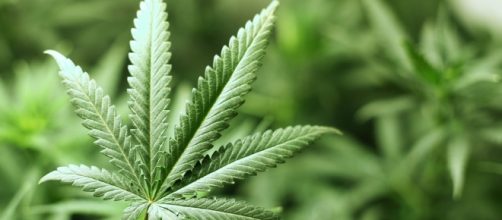Many activists around the nation cheered when news broke that 2016 had seen the affirmation of Marijuana politics at the state level in a profoundly way. It was hard not to be inspired by the news that both medical and legalized commercial sales of marijuana would usher in a new era of personal freedom in regards to this increasingly medically validated natural supplement. In the 2016 elections, voters emphatically supported marijuana.
Will Donald Trump impose federal law against lawful state enterprises?
Voters in four states approved ballot measures legalizing the adult use of marijuana and licensing its commercial production and retail sale:
- California
- Maine
- Massachusetts
- Nevada
Voters in four states approved initiatives legalizing and/or expanding the use of marijuana for therapeutic medical purposes:
- Arkansas
- Florida
- Montana
- North Dakota
29 of 50 states now authorize the medical use of marijuana by law.
8 of 50 states now authorize the adult use and sale of marijuana.
Jeff Sessions: lifelong marijuana prohibitionist, occasional open racist
News of President Donald Trump's recent cabinet choices suggest the pathway to marijuana legitimacy as a presumptive element of U.S. Federal Policy seems very uncertain. Republican Senator Jefferson Sessions of Alabama has been a staunch opponent of marijuana and an enemy of social justice and civil rights for his entire public career. Trump's selection of Sessions for Attorney General is an extremely troubling choice which threatens many ongoing domestic justice issues related to race, equality, marijuana, sentencing guidelines and incarceration.
As the Attorney General of Alabama, Sessions was quoted as saying: "Good people don’t smoke marijuana." He opposes marijuana as a medicine and a commercially legal product.
If he was made Attorney General, Sessions would be tasked with appointing the head of the DEA as well as the top drug czar at the White House Office of National Drug Control Policy. Based on his lifelong positions on marijuana, Sessions seems poised to threaten marijuana legitimacy using very strict Federal Laws which impose severe penalties for any possession or cultivation of marijuana regardless of state laws.
At this time, no level of state medical or commercial marijuana is legal federally.
Sessions as Attorney General a threat to many justice issues
In addition to harboring very extremely prohibitionist tendencies in regards to marijuana, Sessions is also someone who has frequently been linked to racist sentiments and bigotry. Sworn testimony has been made against Sessions in Senate hearings regarding comments he made about a white civil rights lawyer in Mobile, Alabama being a "traitor" to his race for arguing a voting rights case.
Sessions described the landmark 1965 Voting Rights Act as "intrusive legislation" and has also been heard to openly use racial slurs and generally use demeaning comments for anyone who does not fit into his narrow vision of America.
While the 2016 election was no doubt a step towards transformative incremental change in regards to marijuana's legitimacy in the United States; efforts have already begun at the federal level to oppose these victories. It is very important that activists, families and communities work together to develop sensible policies for addressing potential federal opposition to lawful state medical marijuana dispensary systems and commercial cannabusinesses.

